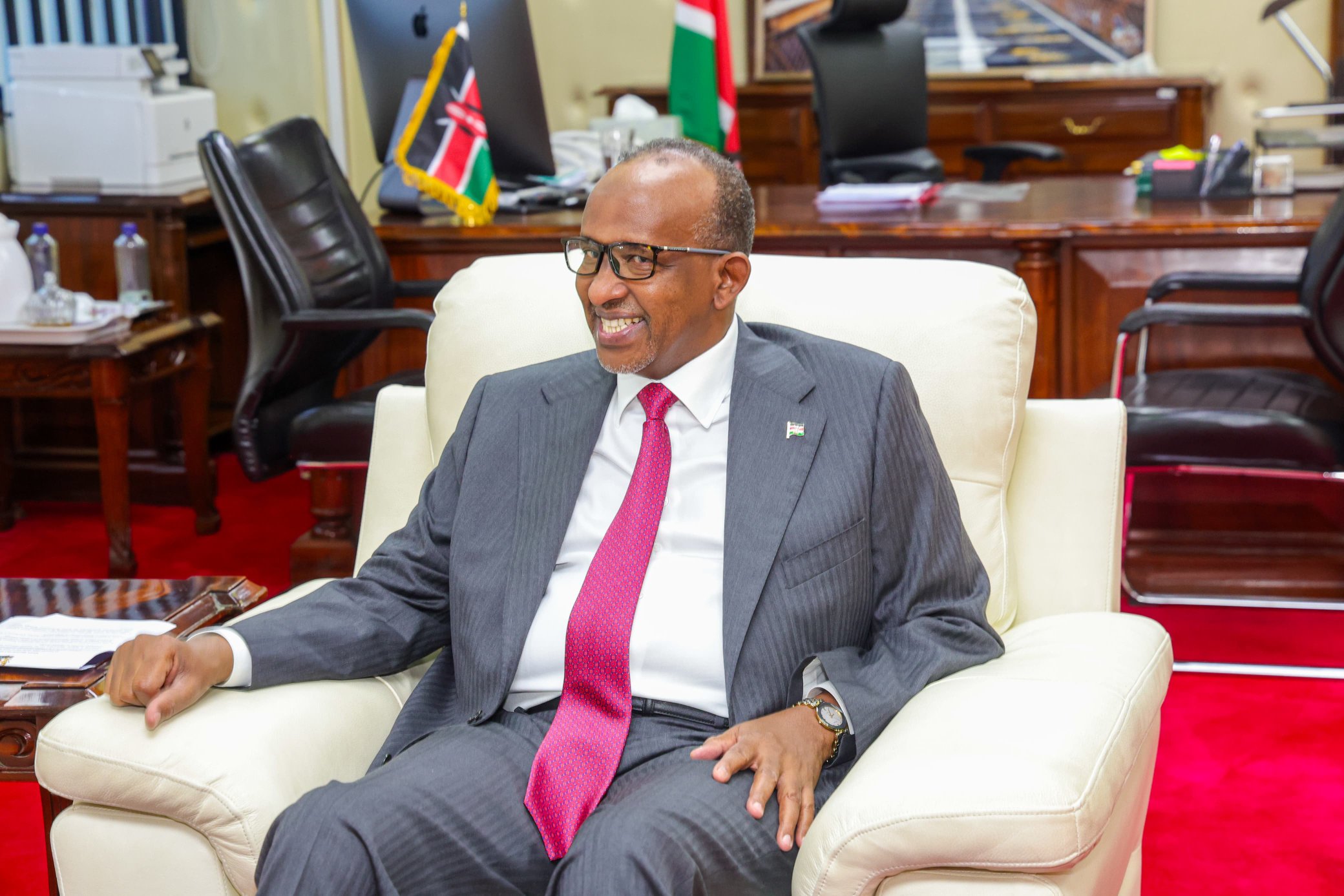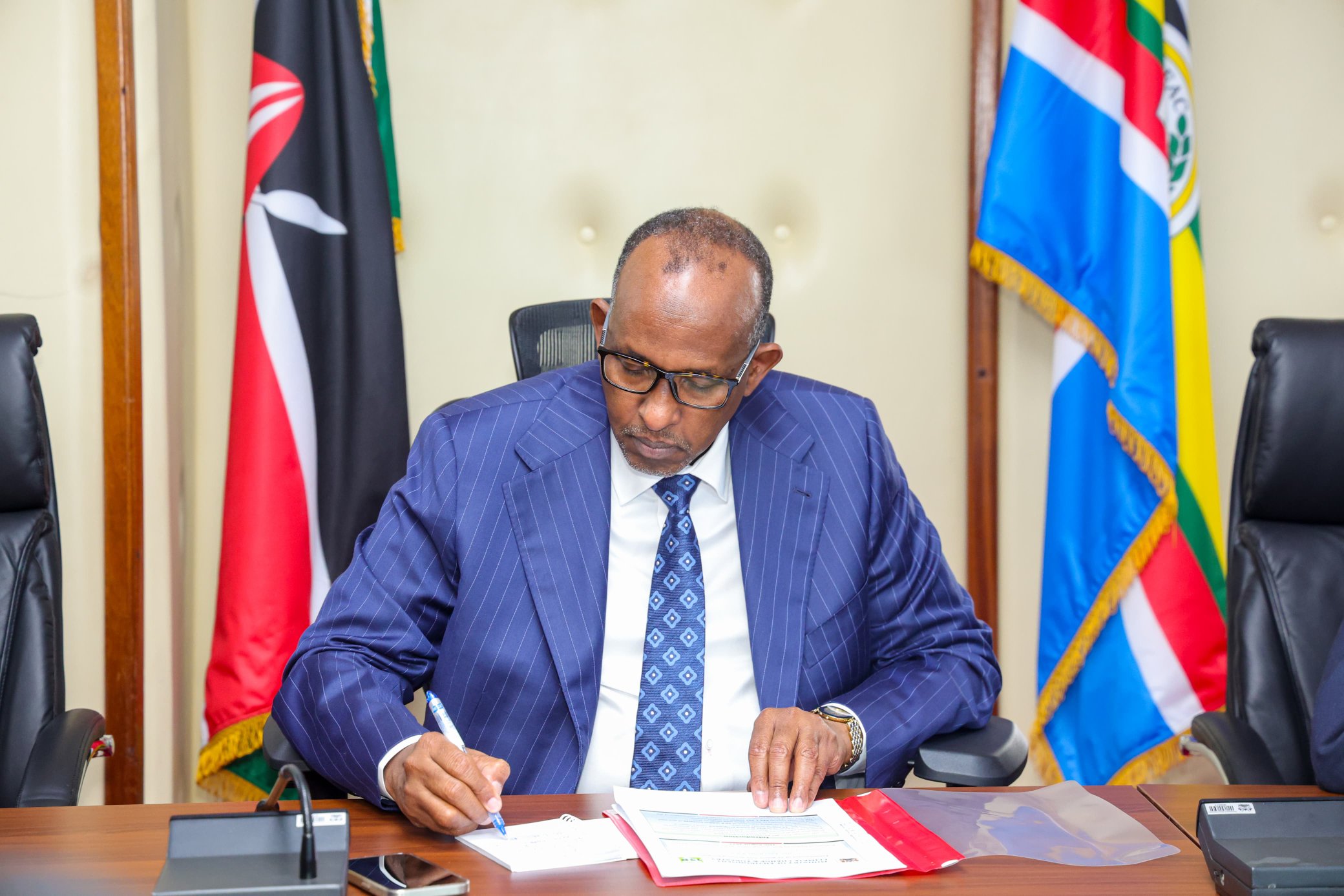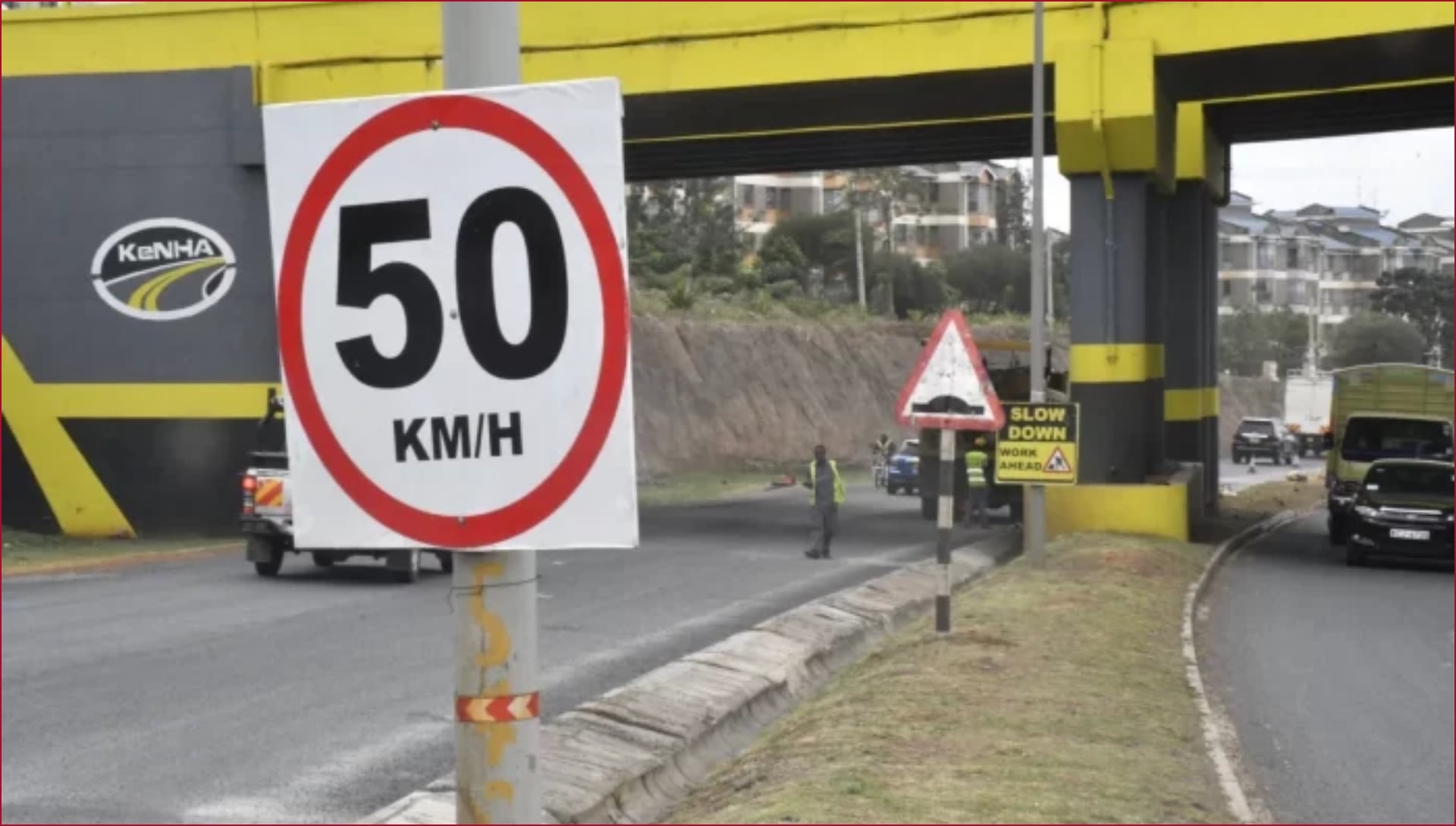Environment Cabinet Secretary Aden Duale has suspended the exports of raw veneer materials with immediate effect.
In a statement on Tuesday, August 27, Duale said he has directed the Kenya Forest Services not to issue any "no objection" letters for the export of raw veneers.
“The Ministry of Environment, Climate Change, and Forestry announces the suspension of exports of raw veneer materials. This decision takes effect immediately. KFS has further been directed not to issue any "no objection letter" for export,” read the statement in part.
Duale noted that the suspension of the exports of raw veneer materials is a move to support the National Landscape and Ecosystem Restoration Strategy.
“This strategy, which aims to restore 10.6 million hectares of degraded landscapes by planting 15 billion trees, is a testament to the government's unwavering commitment to environmental sustainability,” said Duale.
Read More

The Environment CS mentioned that recent reports have highlighted the premature harvesting of immature trees on farmlands hence threatening the success of the government's reforestation efforts.
Duale pointed out that the government intends to curb this practice by stopping the export of raw veneer and ensuring trees are allowed to mature and contribute effectively to the national restoration goals.
“The suspension is necessary to safeguard Kenya's environmental future and should inspire all stakeholders to join us in this crucial endeavor,” Duale added.
Raw veneer is cut from a log, and dyed if necessary. Once it has been dyed, the sheets are laminated together to form a block.
The block is then sliced so that the edges of the laminated veneer form the "grain" of the reconstituted veneer.







